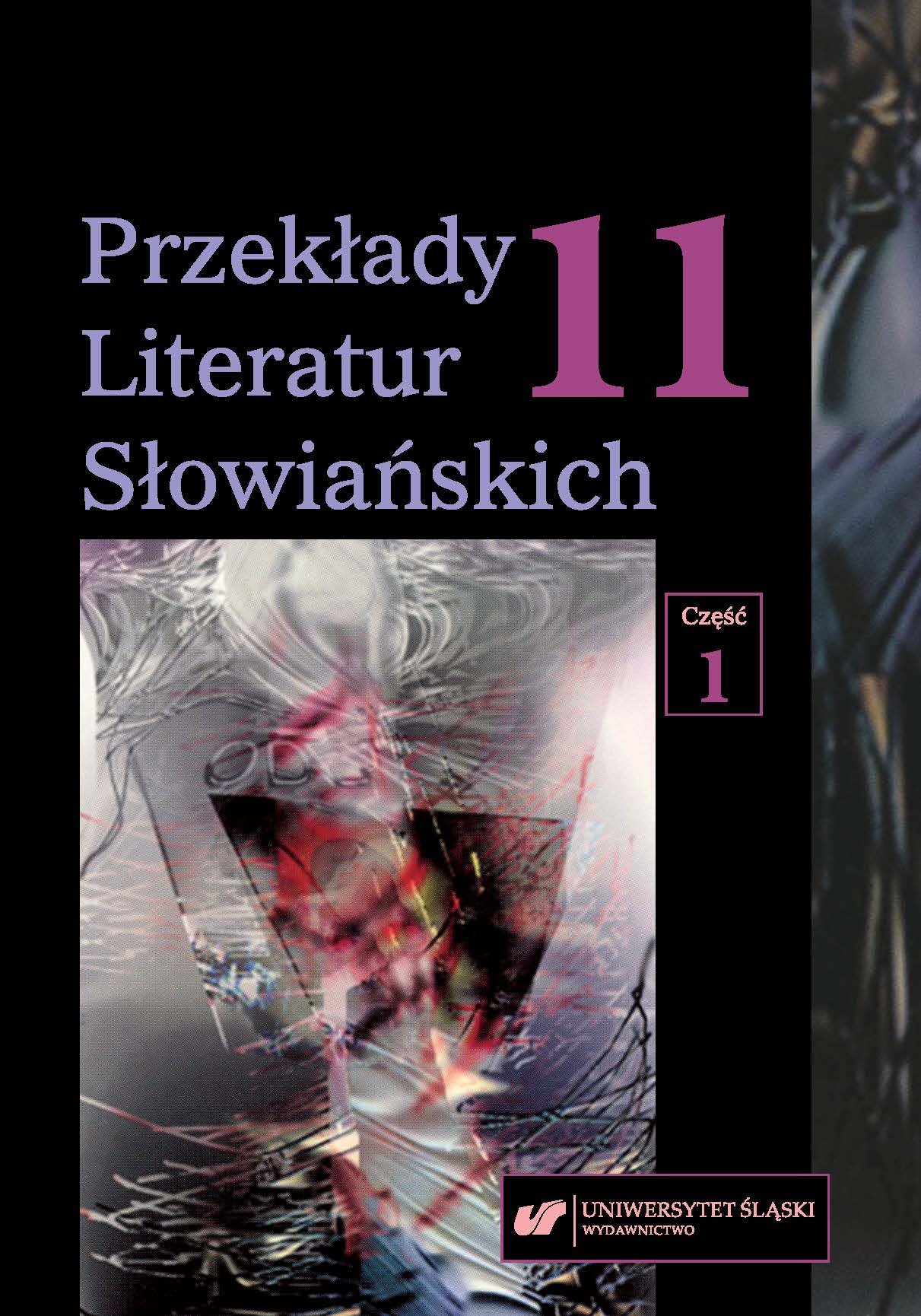„Tako rzecze Zaratustra” Wacława Berenta: młodopolska maniera czy nowatorski eksperyment?
Wacław Berent’s „Tako rzecze Zaratustra" (Translation of Friedrich Nietzsche’s „Also sprach Zarathustra”): Young-Poland-Mannerism or an Innovative Experiment?
Author(s): Katarzyna LukasSubject(s): Studies of Literature, Ethics / Practical Philosophy, Lexis, Semantics, Comparative Study of Literature, Polish Literature, 19th Century Philosophy, Philology, Translation Studies, Theory of Literature, Philosophy of History, Stylistics
Published by: Wydawnictwo Uniwersytetu Śląskiego
Keywords: translation; Young Poland; archaism; Friedrich Nietzsche; Wacław Berent
Summary/Abstract: The paper deals with the Polish translation of Friedrich Nietzsche’s Also sprach Zarathustra made by the Polish writer Wacław Berent (1905). The translation is considered in the context of its epoch (“Young Poland”) and of Berent’s own literary work. The analysis aims at distinguishing the most important stylistic features of the translation: poetic devices typical of Young Poland, such as archaisms, neologisms, and reinforcement of the original’s audial qualities. Despite being criticized as “mannerist”, Berent’s translation appears as an innovative example of modernist translation, consistent with the symbolist model of translation.
Journal: Przekłady Literatur Słowiańskich
- Issue Year: 11/2021
- Issue No: 1
- Page Range: 1-23
- Page Count: 23
- Language: Polish

